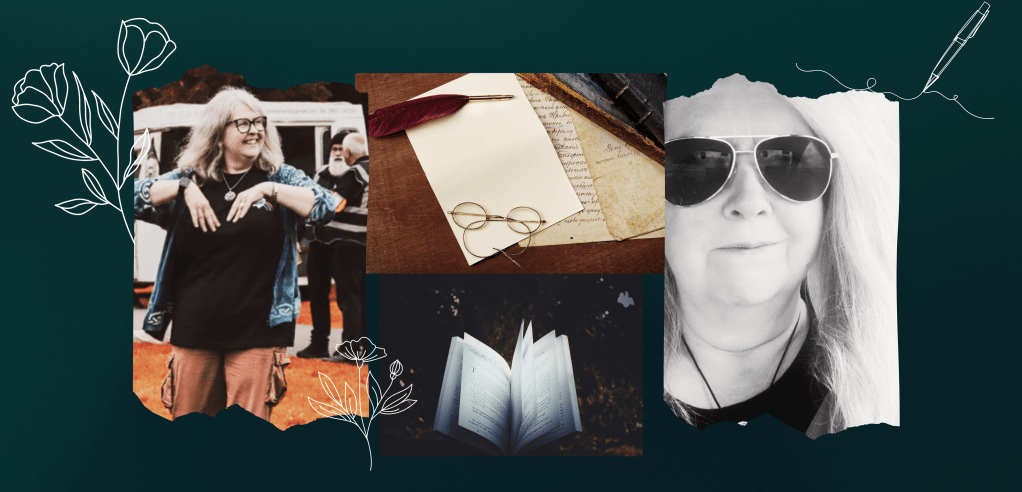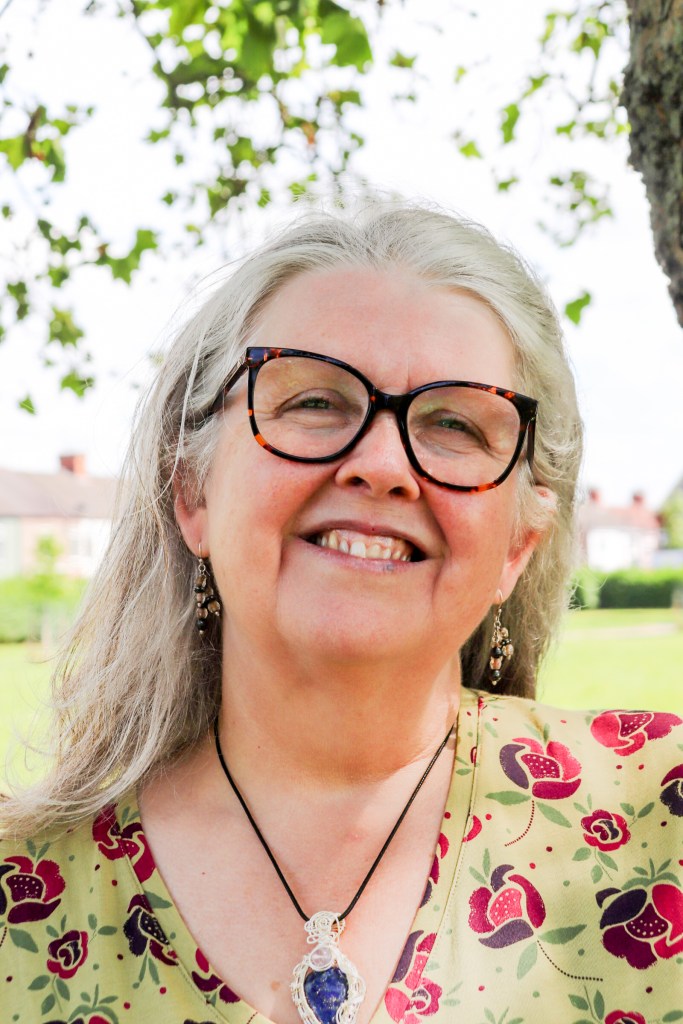I am a writer, community worker, musician and artist committed to working for social justice and a kinder world.

Blog
About Me

I am a community development worker based in Grimsby. In this role I am People and Place Lead for East Marsh United www.eastmarshunited.org. I am a Proud East Marshian and share a commitment with our wonderful team to work long term for social justice, challenging poverty and inequality through community led positive action, working alongside partners and organisations who are determined to make lasting change.
I am also a writer and am interested in producing work that explores myth, place and the human condition. Over the past decade I have produced a range of work including plays for community theatre productions, three volumes of poetry, and a short film for a multimedia project working with artists, poets and film-makers.
The Ninth Wave is a re-imagining of The First Branch of The Mabinogion. I moved the location from Wales to the east coast of England and placed it in the near future rather than the ancient past.
Poems from the Swamp explores the different levels of life in an urban place from the behaviour of the people to the impact of the past and the power of the elements.
A Requiem written in partnership with the Alan Barnes Octet premiered in February 2019 toured throughout the late summer and autumn in the UK.
I also write for children and schools and have published a number of books and music resources for our local schools.
Thanks to Helen and Kate at Ink Sweat and Tears for publishing my poems on their wonderful site.
https://inksweatandtears.co.uk/josie-moon-2/
https://inksweatandtears.co.uk/josie-moon/
I am delighted to be included in the New Writing North Dawn Chorus Audio Poem:
https://newwritingnorth.com/dawn-chorus/


